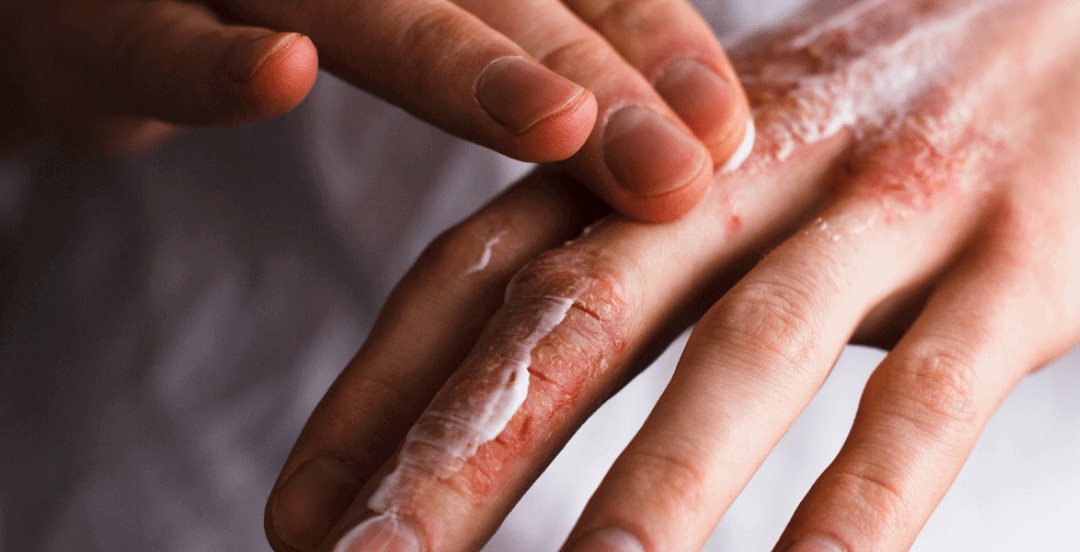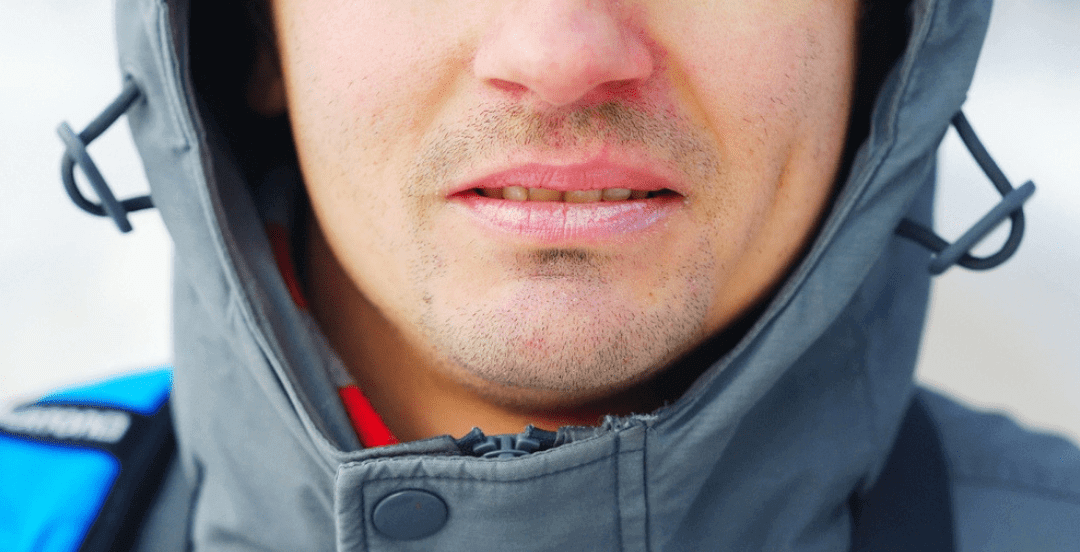Why Did I Suddenly Develop Eczema This Year?
- Category: Seasonal, Dermatology, Illness & Injuries
- Posted On:

Anyone who’s spent four seasons in Utah knows our winter air is unforgiving. Specialists see a spike in dry skin visits every winter. But have you ever wondered why your skin can react differently one year to the next? Last year, it was just dry knuckles and chapped lips, but this year you’re dealing with an irritated rash. How come? Makinzee Kemp, Dermatology PA-C, has answers about why you may have developed eczema for the first time this year.
I’ve never had eczema; why this year?
“A lot of people ask me this question,” says Makinzee Kemp. “It’s very possible to go ten or even thirty years without eczema, then break out with a rash one day.” Makinzee says that many factors can contribute to eczema beyond just dry, cold air.

“One possibility is that you came into contact with something extra irritating. You may have developed an allergy to the laundry soap you’re using, for example. That, on top of the winter dryness, could cause a lot of irritation.” She adds that people with eczema often have a family history of allergies.
Here are some examples of irritants you may have encountered:
- The chemicals in a new soap or bath bomb (or even a soap you’ve used before),
- The dyes or fragrances in your laundry detergent, lotion, or perfume,
- The nickel in a necklace, bracelet, or another piece of jewelry,
- Particles in the air such as pollen
Lifestyle factors may have also helped the rash develop. Taking very hot baths or showers tends to dry skin out. If you exfoliate or shave over sensitive skin, this can cause irritation. Finally, scratching your dry skin is a big reason why eczema spreads.
How do I know it’s eczema? When should I seek help?
Eczema affects between 10-20% of children and up to 3% of adults. Symptoms include dry, red, irritated and itchy skin. “Eczema can also become infected which creates other problems,” says Makinzee, “You can start to see small, fluid-filled bumps that ooze or very red patches that bleed.”
Makinzee’s best advice for dry skin is to be proactive about it. “I don’t think anyone should wait until their rash becomes painful or infected. There are conservative treatment methods that can prevent the spread of eczema early-on, such as steroid-based creams.” Make an appointment with your primary care provider or contact Ogden Clinic Dermatology if you think you may have eczema or if your skin cracks, bleeds, or itches.
How can I take care of my skin in the winter?
In our dry climate, staying moisturized is a must. Makinzee says that winter skin needs a little more TLC than a daily lotion. “I tell patients to look for thick creams that hold their shape. If you pump it on your skin and it seeps through, it may be too light for the winter.” Some of Makinzee’s favorite daily moisturizers are Cetaphil and CeraVe because they don’t contain fragrances or dyes. For very chapped spots like elbows and knuckles, Makinzee says you can go straight for the Vaseline or Aquaphor. “Petroleum jellies are really great barriers for rough spots.”

Some other measures you can take are getting a humidifier for your bedroom (or even your office), using a water softener in the winter, and ensuring that your cleansers and moisturizers are gentle (without added dyes or fragrances).
***
Makinzee Kemp, PA-C practices at Ogden Clinic Mountain View in Pleasant View. To schedule a visit, please call 801-475-3600 or book an appointment online.